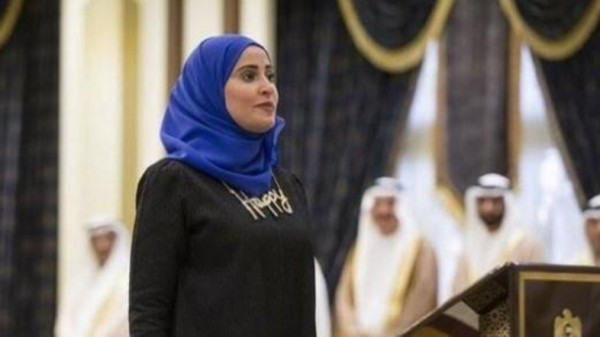On 8 February 2016, the United Arab Emirates (UAE) announced that it would be forming new ministries of “happiness” and “tolerance.” While the UAE is not the first country to establish such positions—commentators note that the move is reminiscent of Bhutan’s Gross National Happiness Index, installed in 1972, as well as other more recent trends—it remains unclear what role the ministries will actually in actual governance. Moreover, the creation of two new ministries purportedly aimed at improving the happiness and tolerance of the Emirati people begs the question: will they address the UAE’s deteriorating human rights record?
In a tweet posted on the day of the announcement, UAE Prime Minister Sheikh Mohammed bin Rashid al-Maktoum said the new Minister of State for Happiness “will align and drive government policy to create social good and satisfaction.” Yet, as Carol Graham of the Brookings Institution notes, “the creation of ministries for happiness can be a ‘diversion’ and may even ‘border on the government telling people how to be happy or that they should be happy.’” Indeed, juxtaposed with the UAE’s systematic repression of dissent and political expression, the government’s decision to create ministries of ‘happiness’ and ‘tolerance’ “sounds sort of Orwellian and sinister, given it is a surveillance state.” In the words of Nicholas McGeehan of Human Rights Watch (HRW), “You can be happy [in the UAE] as long as you keep your mouth shut. That is the sort of social contract that is in place there.”
While the establishment of these new ministries may be part of the UAE’s ongoing attempt to cultivate a “liberal disposition” by purporting to accept “a wide variety of lifestyles,” this open, welcoming image is often at odds with reality. Since 2011, Emirati authorities have intensified restrictions on civil society and arrested political activists in large numbers. Beginning in March 2012, for example, UAE security forces began a wave of arrests resulting in the detention of 94 dissidents, activists, and human rights defenders after they peacefully called for political reform. About a year later, on 4 March 2013, the State Security Chamber of the Federal Supreme Court initiated a mass trial against the defendants, who became known as the ‘UAE 94’. Despite the fact that up to 70 of the 94 defendants had been held in secret detention, and that many had raised credible allegations of torture while in custody, the court ultimately found 69 guilty of allegedly attempting to overthrow the government. Those convicted were sentenced to up to 15 years in prison.
At times, Emirati authorities eschew the legal process altogether, as in the case of prominent activist and academic Dr. Nasser bin Ghaith. On 18 August 2015, UAE plain-clothes security officers arrested Dr. bin Ghaith and subjected him to enforced disappearance. Last week – 18 February 2016 – marked the six-month anniversary of his disappearance. His whereabouts remain unknown. The authorities have not even confirmed that he has been arrested.
Dr. bin Ghaith’s disappearance comes as the latest incident in a history of government harassment. In April 2011, Emirati security forces arrested him along with four other activists after they petitioned the president to introduce direct elections and grant the parliament more legislative powers. President Khalifa bin Zayed Al Nahyan ultimately pardoned Dr. bin Ghaith and his co-defendants after sentencing them to 2-3 year prison terms in November 2011. With his most recent arrest in 2015, however, Emirati activists say that he has joined “hundreds of others” who have similarly disappeared.
In light of such trends, it remains to be seen if the UAE’s new Ministries of Happiness and Tolerance will live up to their namesake or fulfill a more Orwellian function. As it stands, if they fail to acknowledge the major obstacles to ‘happiness’ and ‘tolerance’ represented by enforced disappearance and political imprisonment, there’s little hope they’ll become more than doublespeak.
Tyler Pry is an Advocacy Intern at ADHRB.





